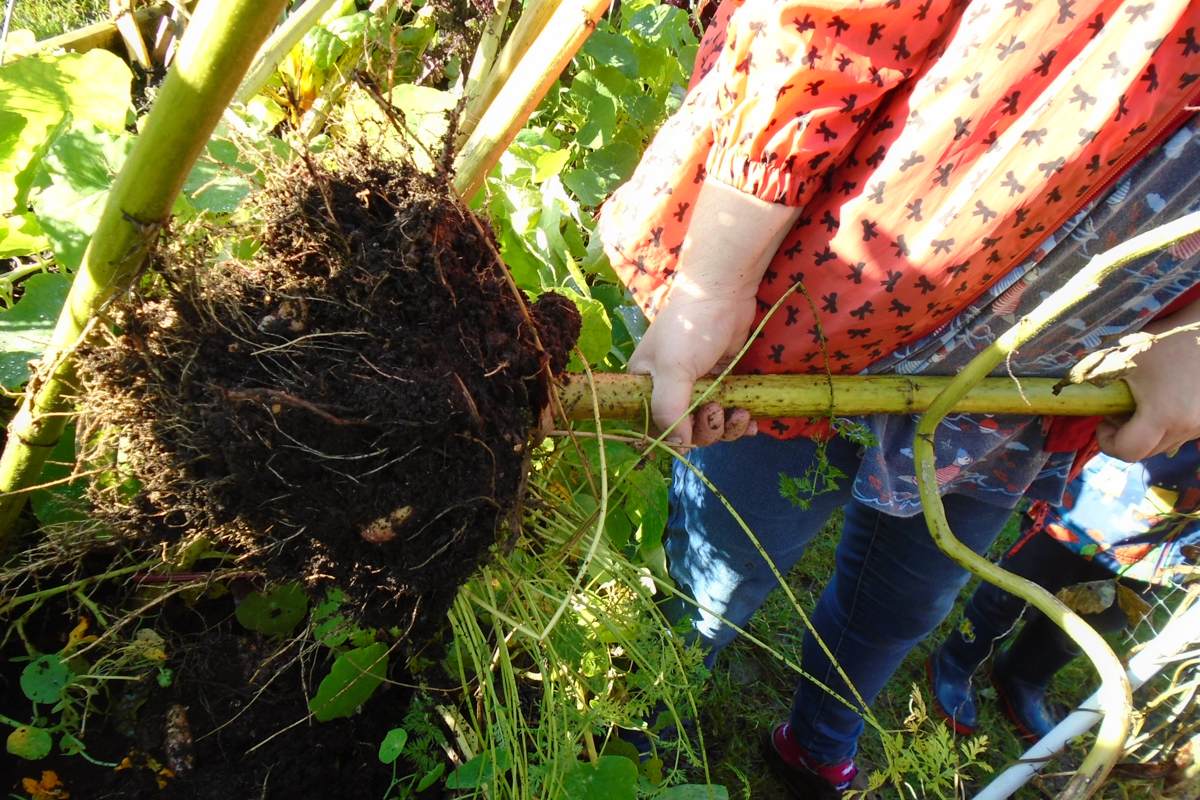“Imagination is more important than knowledge. Knowledge is limited. Imagination encircles the world.”
(Albert Einstein)
At Puddleducks Playgroup we emphasise the child’s experience of rhythm, striking a balance between free play, guided activity and whole group experiences.
1. The role of the adult:
The practitioners perform their tasks consciously and carefully, aware that they may be models worthy of imitation.
It is not only what we do but how we do it to become meaningful role models.
In their free play the children imitate not only the outer activities but also the attitude which they experience in their surroundings.
Attitudes of kindness, helpfulness, awe and wonder are practiced by practitioners and encouraged in the children. Thus they learn to trust the adults around them and are confident to seek support.
The adult has a pivotal role of child observation and group monitoring, assessing each child’s development and wellbeing as well as child-centred curriculum planning and evaluation.
2. The environment:
We believe that a child’s development and learning flourishes in a calm, peaceful, predictable, familiar and unhurried environment, which recognises the child’s sensory sensitivities.
We provide a comfortable, homelike space with simple but beautiful and natural materials to support imaginative play and creative independence.
We recognise that the behaviour of the children throughout their play is moulded by what surrounds them.
We strive to maintain an aesthetic, cared for surrounding within which the individuality of the child can find its own potential.
2 a. The layout of the indoors:
Cosy dens and small corners are created to invite undisturbed, solitary and small group play while the centre of the room gives space for large scale creativity and whole group circles.
Defined areas within the room and the presentation of materials and equipment therein encourage interdependence and independence of children to support the flow of free play.
2 b. The layout of the outdoors:
Puddleducks provides a secure outdoor space for plenty of movement, gardening, playful explorations and expeditions.
Children are given opportunities to stretch their physical capabilities within a safe, supportive environment.
3. Nature and its seasons:
Children are encouraged to appreciate the natural world in order to help them value its gifts and to understand its processes and the pattern of the seasons.
Children will utilise our natural surrounding and its seasonal gifts spontaneously within their play.
Through creating and tackling their own challenges they will develop self-confidence.
4. The structure of the day:
Regular patterns of activities create routine, foster a sense of security and support independence. Within this framework children can develop their own free play and self-confidence.
Repetition and consistency helps the children to know what to expect, supports good habits and helps to recognise boundaries within the playgroup morning.
5. The resources:
Our resources are carefully selected, deliberately crafted and harmoniously displayed to awaken a sense of beauty and care.
The relatively undefined form of our materials allows maximum scope for imaginative use as props in children’s play. Thus the resources develop and are age appropriate within the children’s play.
Taken from nature, the materials offer a broad spectrum of holistic experiences that feeds all of the child’s senses.
6. The use of “warm technologies”
Children use a wide range of warm technologies such as hand manipulated machines and tools. This enables the experience of the true function of the machines, supporting both physical development and the development of the will in an age appropriate way.
The children will experience proper care and appropriate, safe handling of equipment, materials and tools by the practitioner.
“Real activities need real tools”
At the core of it all lies the importance of finding ways to look and listen, learn and celebrate life and all its surprises.


